About Dual Credit
Get a head start with dual credit.
Earn college credit while you're in high school through MSU dual credit.
Save money
Dual credit and early college is an affordable option for starting on your bachelor’s degree and building a college transcript. Pay $75 per credit hour (that’s a 70% discount). There are no textbooks to buy or supplemental course fees to pay.
Save time
Receive both high school credit and college credit for the same course. 70% of first time students entering Missouri State have already earned some college credit. Dual credit lets you start on your bachelor’s degree and build a college transcript early. Earn general education and/or major specific course credit.
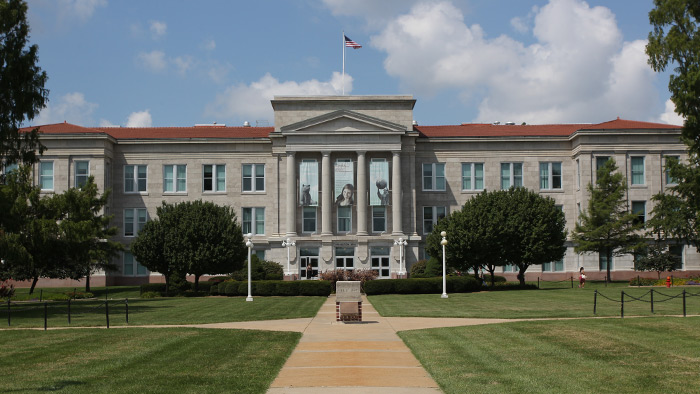
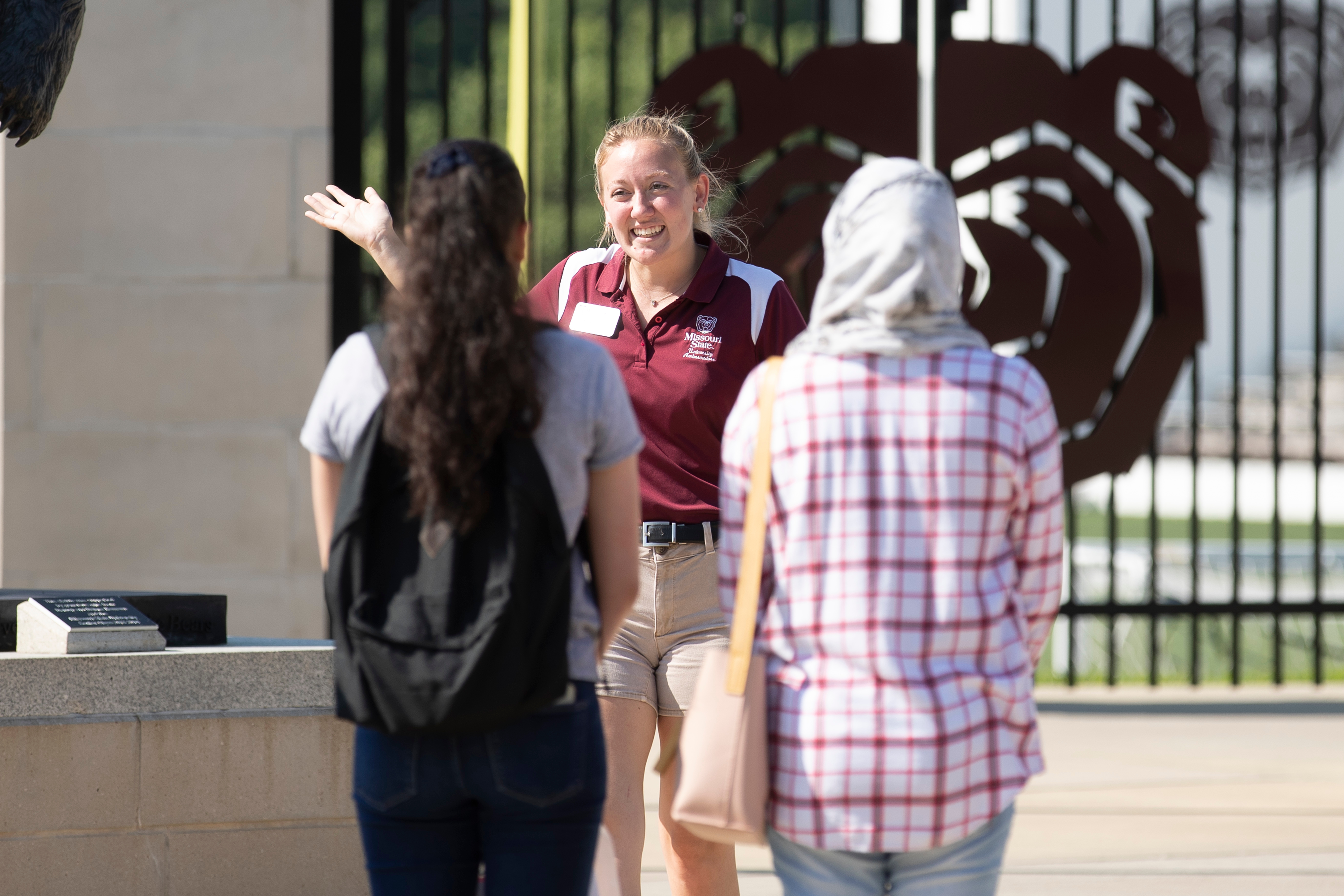
Making Higher Education Accessible
High school students may qualify for state financial aid to cover the cost of their dual-credit courses!
The Dual Credit/Dual Enrollment (DC/DE) Scholarship from the Missouri Department of Higher Education & Workforce Development (MDHEWD) is a great way to begin your college journey for free!
The application is available electronically from the Journey to College web page or the State Financial Aid Portal.
- Note this scholarship is operated and funded by the state, Missouri State University has no control over the application process or awarding of the scholarship.
- An application must be completed with Missouri State University listed as a dual credit provider for the dual credit course(s).
For more information view the Department of Higher Education & Workforce Development page, the DCDE Fact Sheet or email: dcde@dhewd.mo.gov.
Four more reasons to take dual credit and early college courses
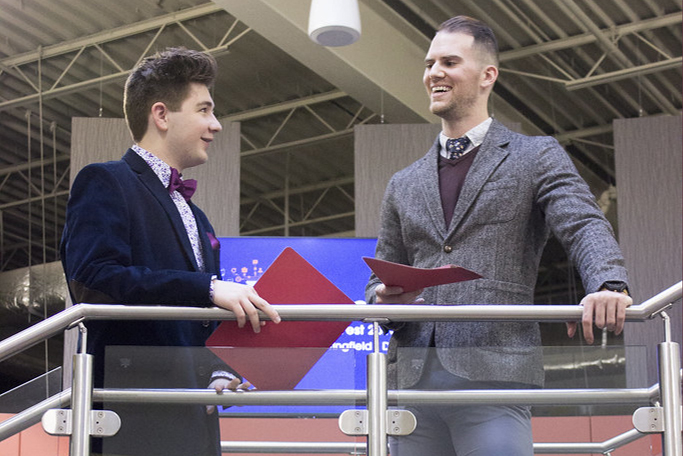 Start your career sooner.
Start your career sooner.
Dual credit can help you graduate earlier from a bachelor's program or be available for internships to earn professional experience.
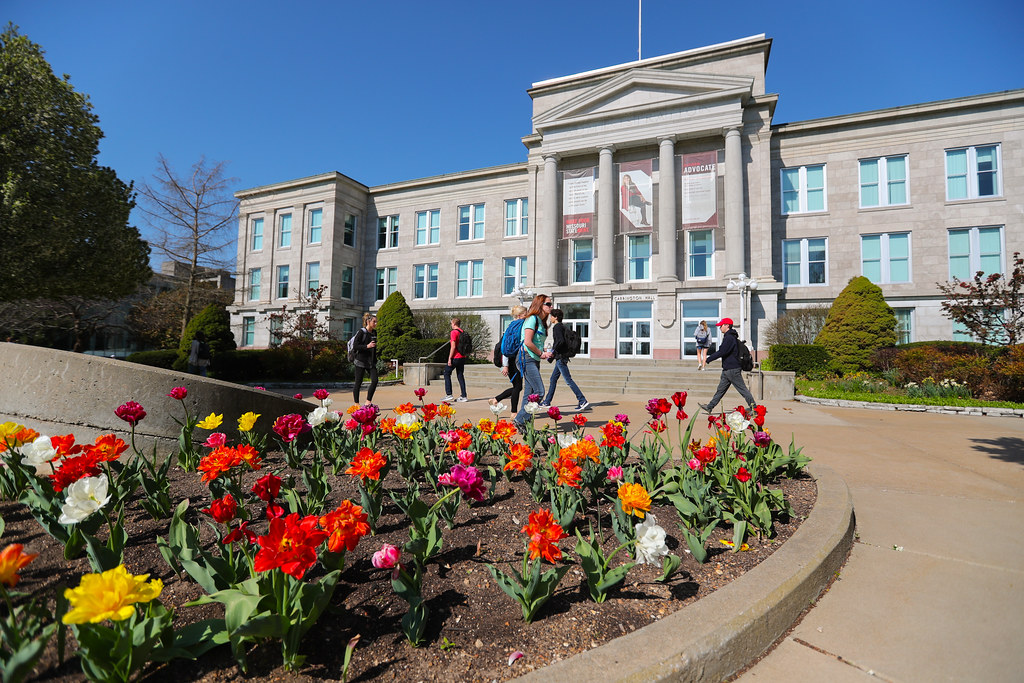 Take additional paths.
Take additional paths.
Students can specialize and individualize degree paths. Students can pursue additional majors or add minors.
 Consider accelerated master’s programs.
Consider accelerated master’s programs.
You can earn your master’s degree alongside or immediately following the completion of a bachelor’s degree.
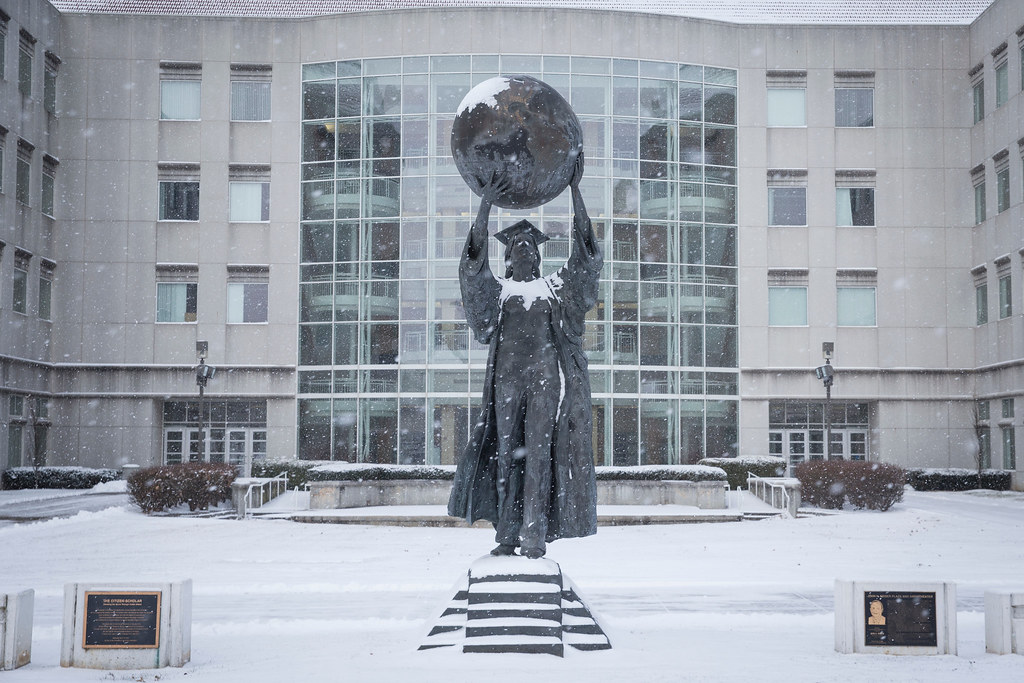 Flexibility to study abroad.
Flexibility to study abroad.
Consider studying away. Travel abroad and earn credits without extending graduation date.
Some basics about bachelor’s degrees.
A bachelor’s degree is a four-year undergraduate degree. A bachelor’s degree prepares you for a wide range of career opportunities. There are many different types of bachelor’s degrees, organized according to majors. A major describes what the majority of your classes study. Majors usually relate to the career field a student wants to enter.
After you graduate with a bachelor’s degree, you might consider attending graduate school. There, you will earn master’s or doctoral degrees. These degrees build off of the undergraduate bachelor’s degree. So, it is an important first step!
A bachelor’s degree has two parts: general education requirements and courses in the major. It takes 120 credit hours to earn a bachelor’s degree. General education courses make up about half of a bachelor’s degree. At Missouri State, that’s 44-49 credit hours. Most classes are three to five credit hours.